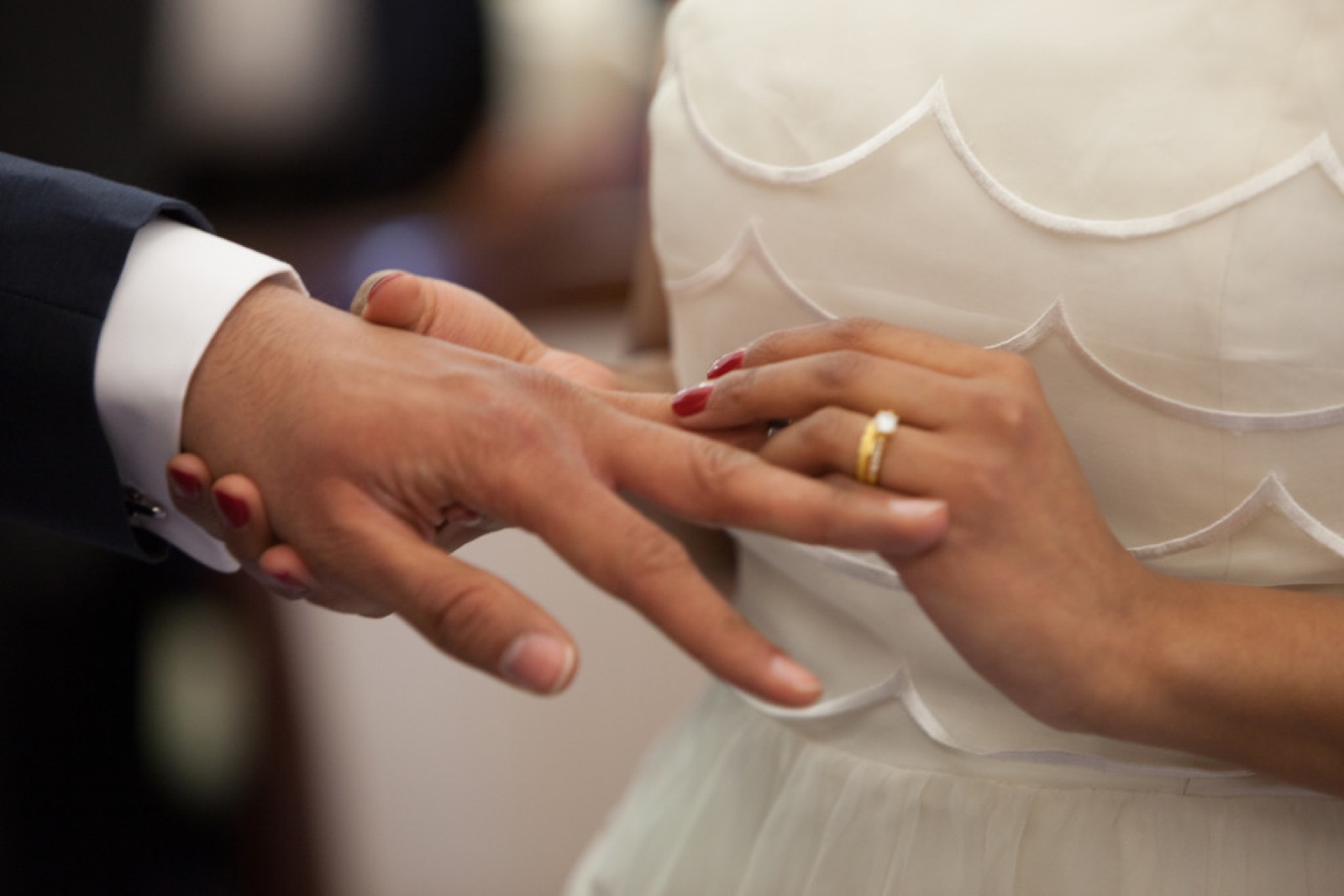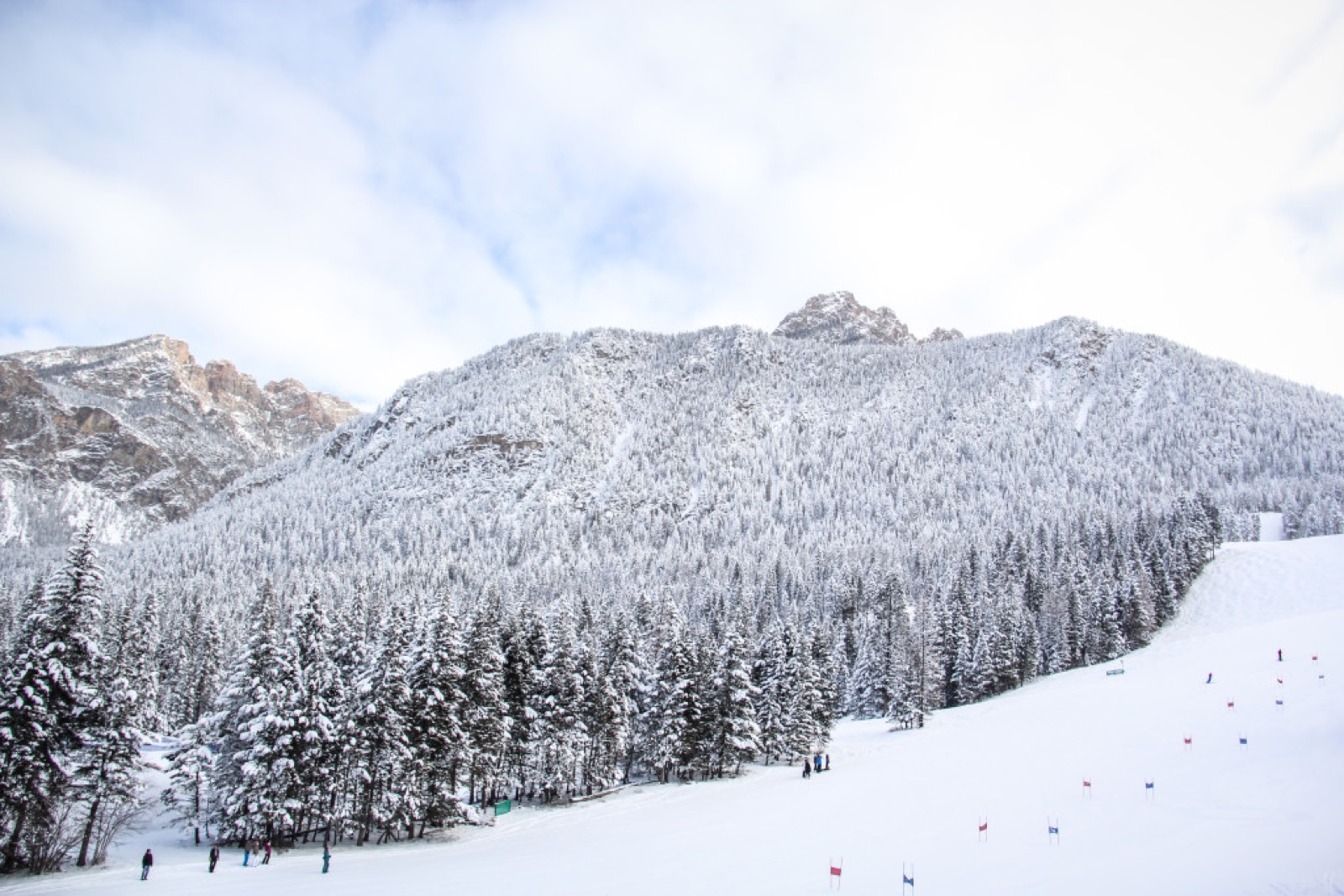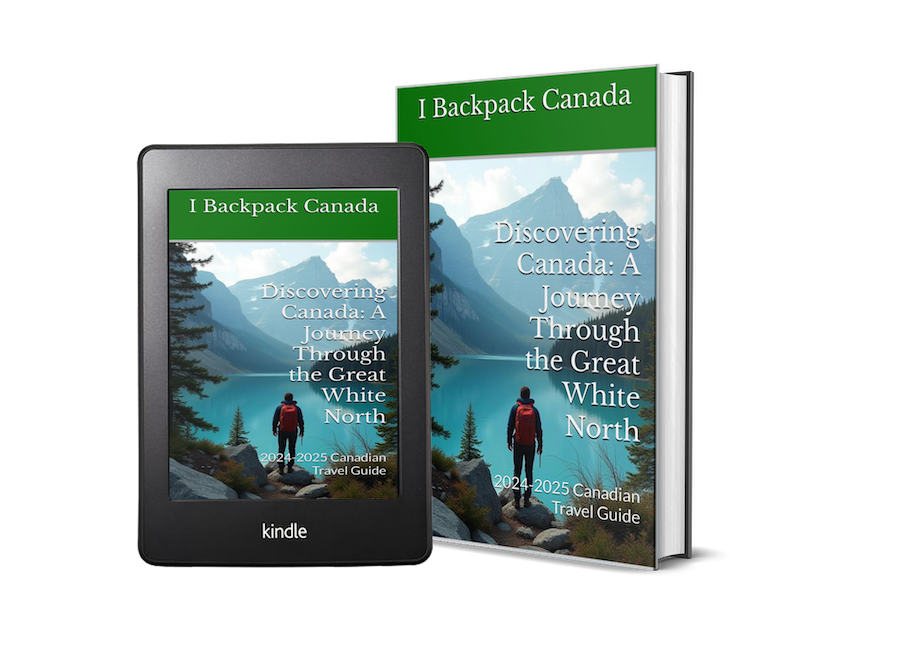What US residents traveling to Canada notice first
Posted on January 7, 2017 • 6 minutes • 1125 words
Table of contents
- French Street Signs
- Canadians Are Highly Apologetic
- Low Canadian Dollar
- Canadians are polite & love to help
- The Canadian Accent
- Canadian Slang
- Canadian Beer
- Healthcare
- Debit vs Credit
- The Legal Drinking Age in Canada
- Are you a US resident who has traveled to Canada? What was your experience like? Comment below!
It comes as no surprise that US residents travel to Canada more than every other country on earth. With the US Border a mere couple hours drive from most major city centres in Canada, countless visitors from America experience the similarities, and the difference of Canadian culture. While most US residents traveling to Canada won’t experience culture shock, there are several things they may notice. 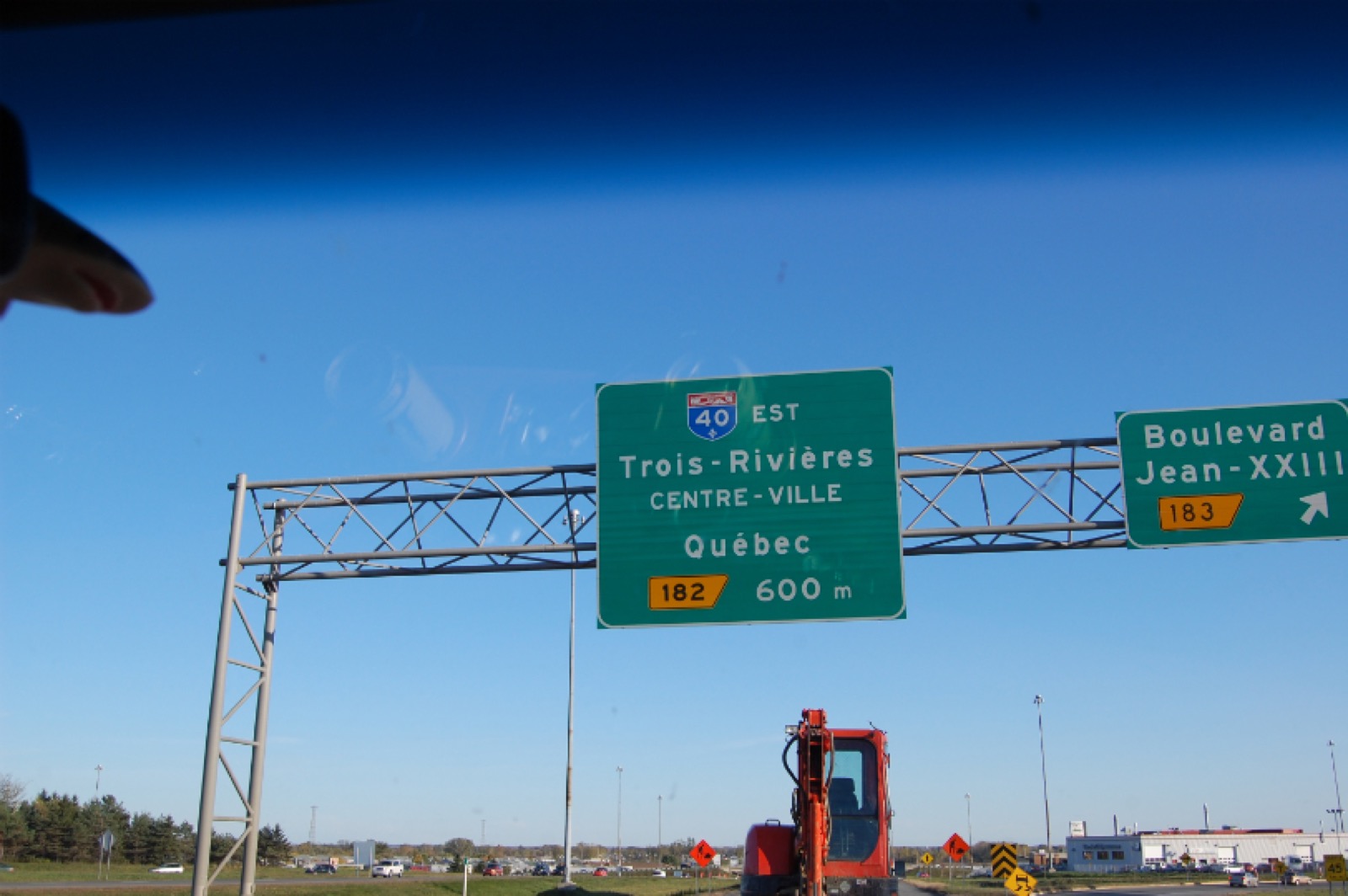
French Street Signs
US residents who make it to Ottawa, Ontario or any of the french Canadian provinces such as New Brunswick or Quebec are sure to experience raised eyebrows and possible confusion at the sometimes confusing names of ordinary words such as “Road”, “Street”, “Highway”, and more. If you’re planning on visiting any of the French Canadian locations, I’d recommend you learn a few french phrases
, and plan on using Google Maps while driving around. 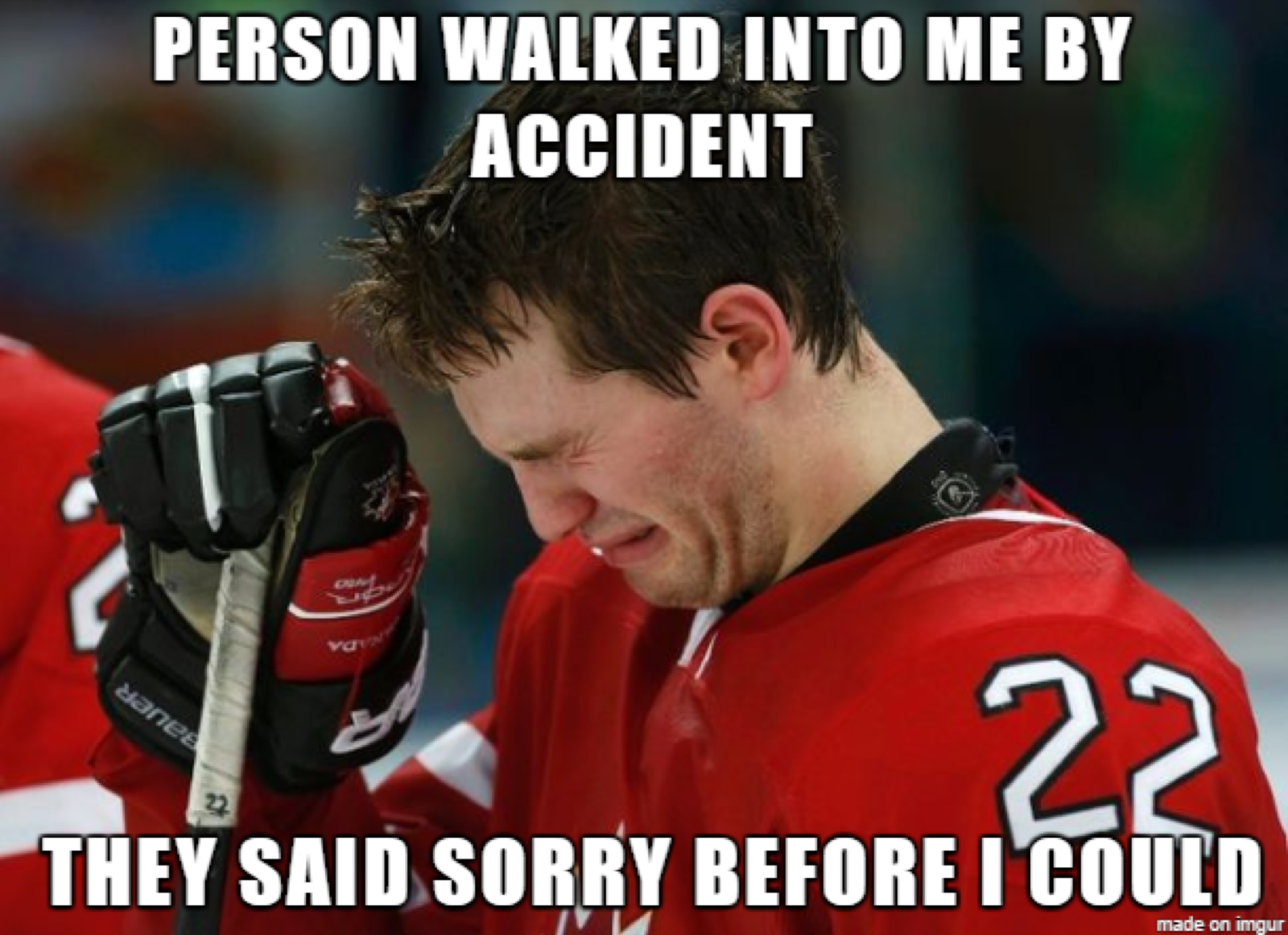
Canadians Are Highly Apologetic
Perhaps due to our loyalist roots to the ever so polite British, Canadians are sometimes more apologetic than necessary. We all catch ourselves apologizing when someone bumps into us, and going out of our way to let you know how sorry we are in situations that aren’t that big of a deal. We don’t mean to be this way, but polite manners are hammered into us at a young age in school and at home. Lots of pleases, lots of thank yous, and when in doubt just say sorry! 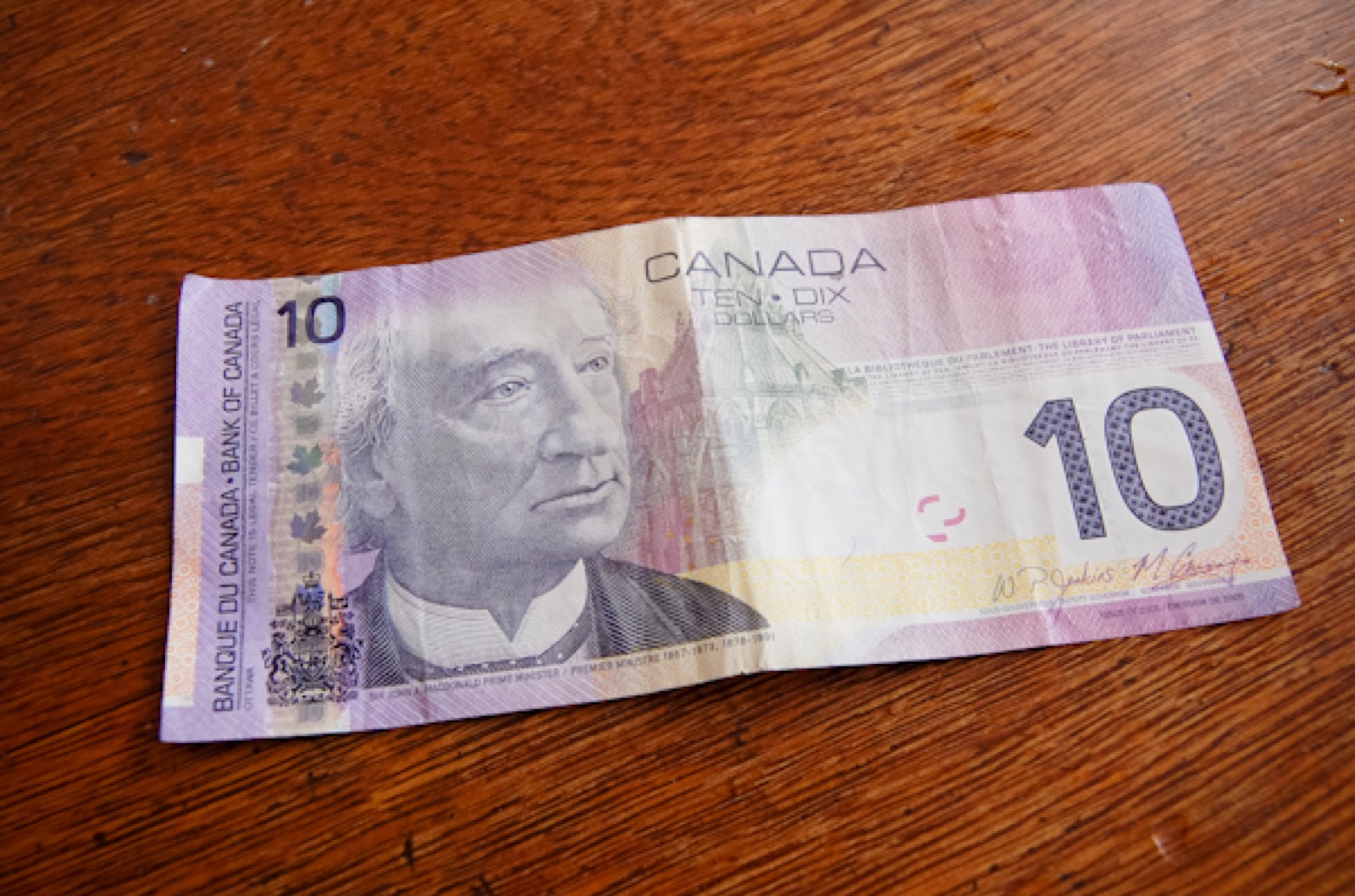
Low Canadian Dollar
In Canada, US Residents are more often than not MUCH better off than when they were on their side of the border. At todays rates, $1000USD will convert to $1350. That’s not a bad profit for visiting your neighbours. Keep in mind that certain things are more expensive in Canada though, smokes, liquor, beer, are all taxed much higher in Canada compared to the states. But for the most part things aren’t that drastically different. Americans still come on top when the Canadian dollar is around that 70cents to the US dollar mark. So enjoy yourselves!
Canadians are polite & love to help
Perhaps this was just my own personal experience, and chances are this was just a regional thing. But 5 months ago I spent a week in Los Angeles, and during my stay my wife and I witnessed a man get hit by a car. We were passengers in an Uber and despite this fellow getting up, his items, and his bike flew everywhere in the middle of this intersection. Nobody slowed down, nobody stopped to help, fortunately this guy was okay, despite being clearly angry. But it was a clear sign of the differences. Canadians for the most part will do everything in their ability to help another person out. Whether it’s offering directions, helping people pull their cars out of the snow, or boosting people in the parking lot to get people back on their way. I’m sure there’s countless places in the States that are similar in this aspect, so maybe it won’t be all that different. But maybe it will. 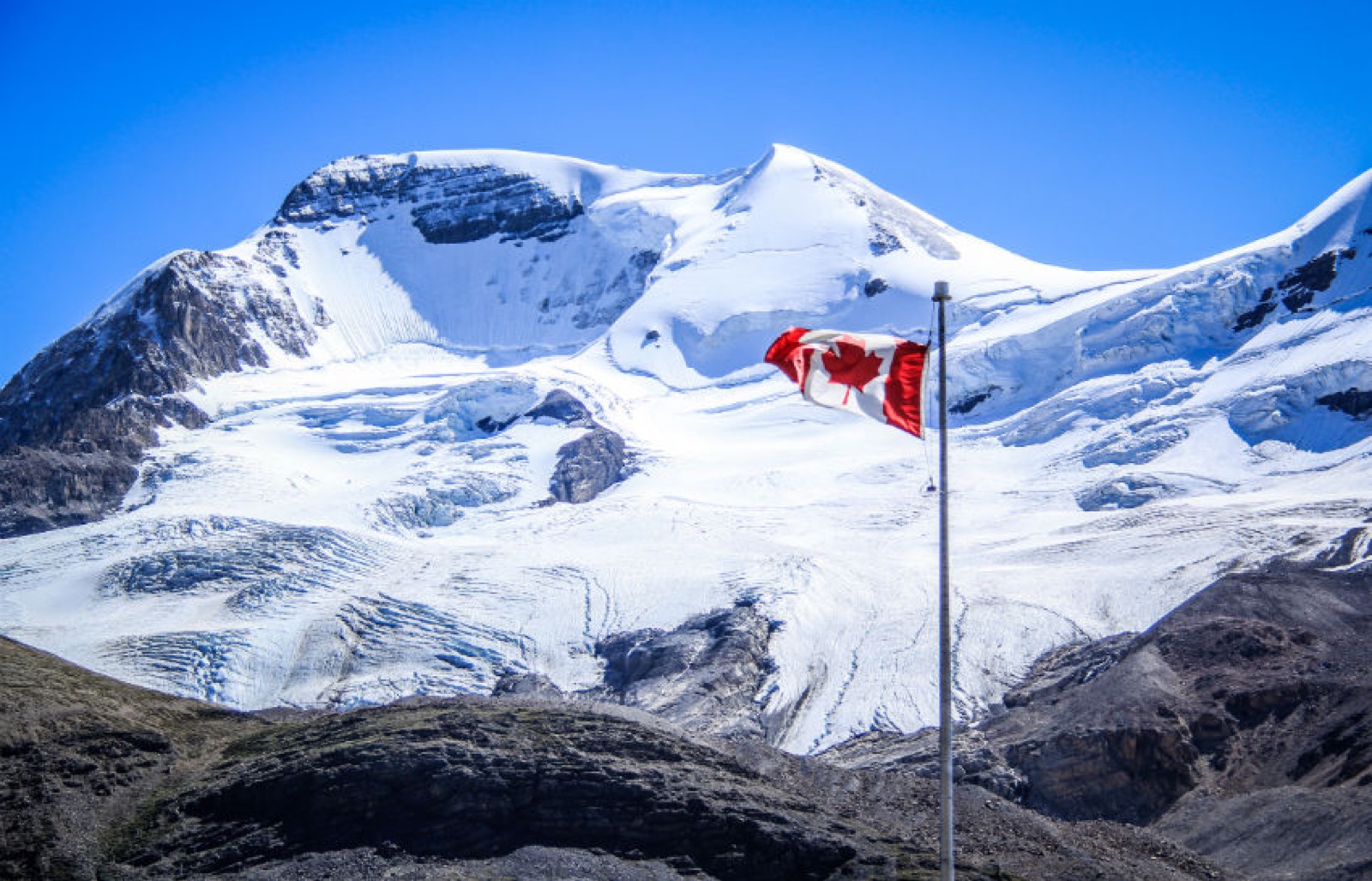
The Canadian Accent
While it varies by region. There’s no doubt you’ll pick up on a few odd Canadianisms. Ask a Canuck to say Roof, Boat, Dance, About, Pop, The Letter Z, or Aunte, and you’ll likely get a bit of a chuckle. Of course we can’t mention the accent without the stereotypical (and wildly accurate) use of the word “Eh”. Click here if you’re wondering what is a Canuck ?
Learn more about Canadian Regional Accents
- Inland Canadian English
- Aboriginal Canadian English
- Pacific Northwest (or British Columbian) English
- Quebec English
Canadian Slang
Yes as most regions across the world, Canadian have their own slang . Some of it is widely adopted by people of all ages, some, not so much. This video below demonstrates a small variety of the slang you might hear in Canada. Though I’m not sure about this “Soccer Baseball” thing – we weren’t weirdos where I’m from and just called it “Kickball” like everyone else. I think someone was messing with Buzzfeed on this one.
Canadian Beer
Once upon a time this might have been more noticeable. But I feel like with the large growth of microbrews, America is competing globally with Canada and making some terrific beers. Despite this, it’s been a long trope that Americans come to Canada and get extra wasted because our beer is 1% ABV stronger. So if you’re normally a 12 pack kinda guy, you end up drinking the equivalent of like 15-16 beers. Or something like that! I think most of our beers are 5%, but again, microbrews being usually 5-6%+ this trope will likely die. Looking to try some popular Canadian beers while you’re visiting? Check out these awesome Canadian microbrews.
[caption id=“attachment_8423” align=“aligncenter” width=“1024”] canadian healthcare[/caption]
canadian healthcare[/caption]
Healthcare
I’m not going to spend too long on this topic because healthcare is a boring topic in my opinion and every American has been berated about this for ages. But in case you’ve been living under a rock, Canadians get healthcare for free because we pay a bit extra in taxes. It’s good, slow sometimes (for non-emergency stuff) but we can’t complain because nobody has been able to beat their price. Make sure if you’re traveling to Canada to buy travel insurance
. Just because Canadians get free healthcare doesn’t mean they won’t charge you. Not exactly neighbourly I know, but sorry! There it is again. 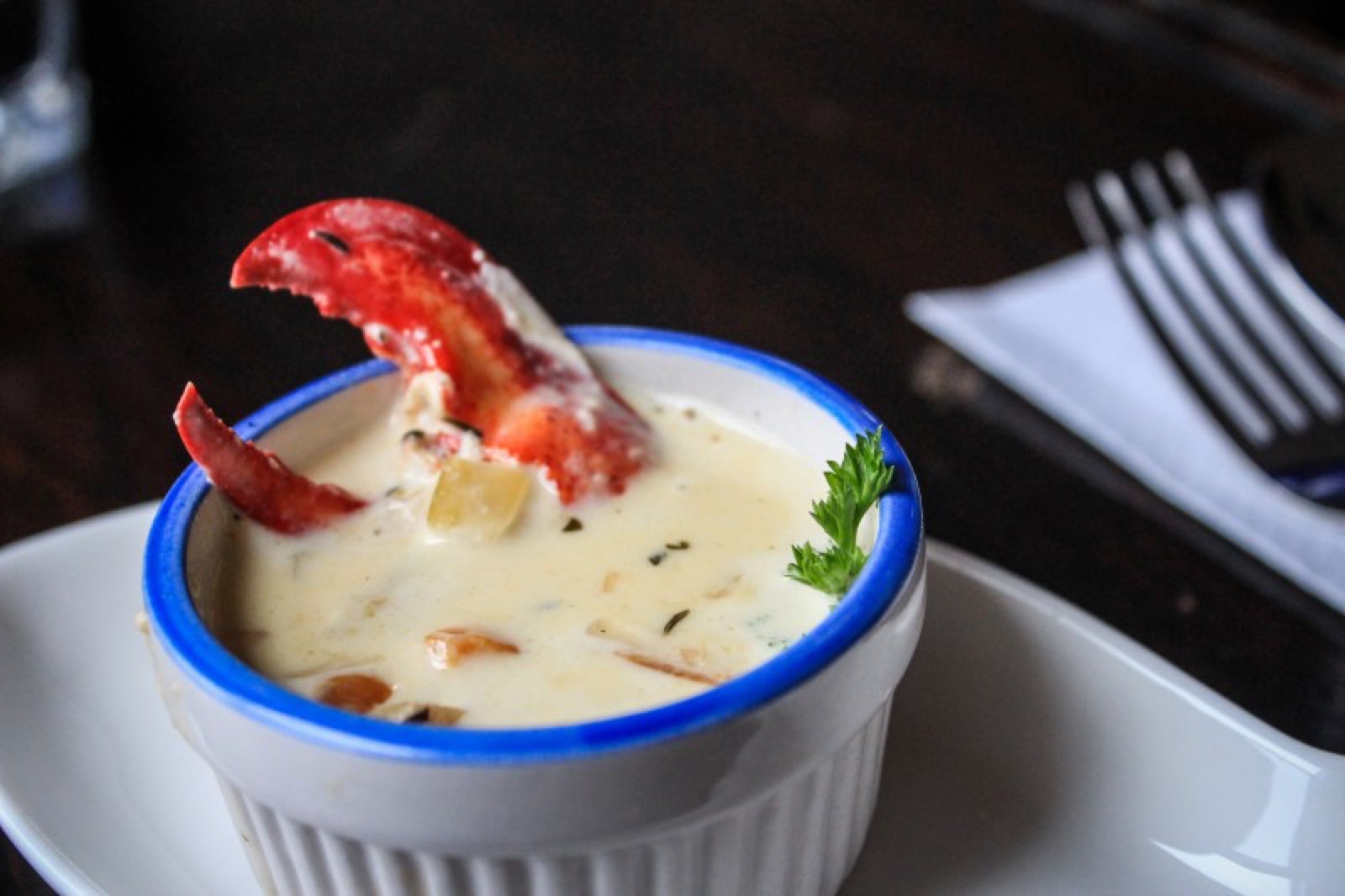
Debit vs Credit
I’ve heard from several Americans that they find it odd how often Canadians rely on debit. Restaurants, bars, groceries, it’s rare people use credit unless they’re point hoarders or living off next months paycheque which happens here quite often by the way. ATM’s (automated teller machines) can be easily found in gas stations and connected to banks, but with their rates being $3 up, most people just pay with debit when they’re making purchases. This means they’ll physically enter their pin on a debit terminal that’s brought over to their table vs leaving their card with the waitress to complete the transaction. Note that tipping is still expected in Canada, 10% for “boooooo”, 15% for satisfactory, 20% for rock star service. 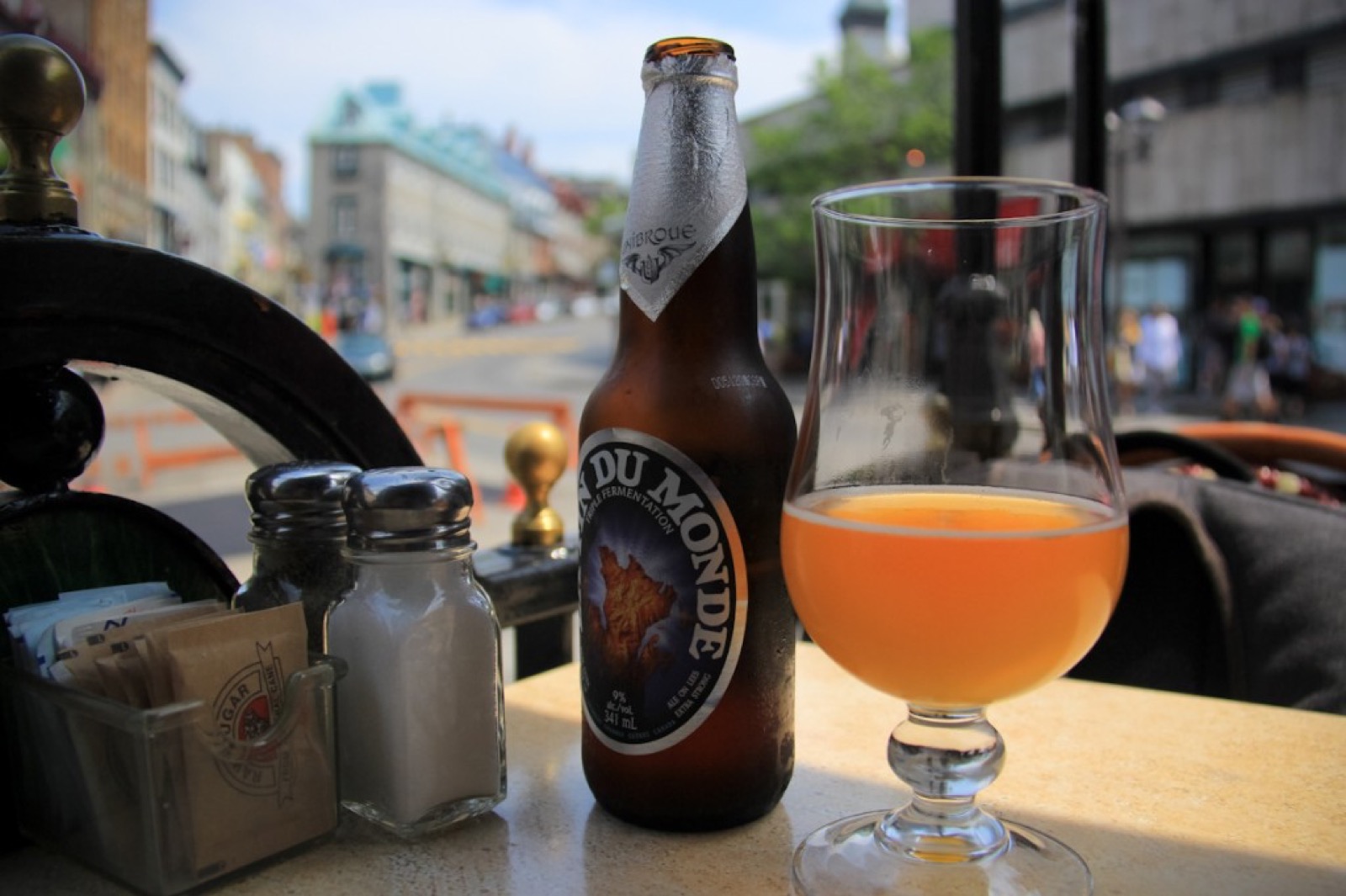
The Legal Drinking Age in Canada
One of the perks of being 18 or 19 in Canada is the early access to the grandpa’s medicine cabinet. Depending on the province, drinking is allowed at 18 or 19. Montreal in particular is a popular destination for university students on a weekend trip for a good time. Check out my other post for more information on the drinking age in Canada .
